Just like trading regular shares through an online broker or broking platform, you need to make yourself fully aware of the fees and charges that apply before you begin trading forex. To start with, compare the margin you will be required to meet in order to make a trade with a range of providers. This could be 0.5%, 1% or some other figure, and this will affect the amount of money you will have to spend to open a forex position. For example, if your account has a margin of 1%, a trade worth $100,000 will require you to spend $1,000.
In addition, some providers charge a commission for every trade you make. These fees are generally be quite low, such as a few cents per thousand dollars. However, some providers will not charge any commissions on your trades. Other fees may apply to credit and debit card payments.
Finally, you will also need to consider the spread, which is the difference between the buy and sell prices for each currency pair and is effectively what a broking platform will charge you to make a trade. Look for a trading platform that offers tight spreads to minimise the cost involved.
A currency pair is always structured in the same way, following a universally accepted ranking order and always showing the value of a base currency (the first) being traded against a quote (the second) currency.
There are three types of currency pairs that you need to be aware of, these being the majors, minors and exotics.
Major currency pairs
The major currency pairs are considered any market that features the US dollar. The majors are the most frequently traded currency pairs and are therefore the most liquid forex markets to trade.
As a forex trader, this liquidity means that the majors feature relatively stable prices and the lowest spreads – or brokerage costs – when taking a position in any of these currency pairs.
| Major currency pairs: | |
|---|
| EUR/USD | Euro/US dollar |
| USD/JPY | US dollar/Japanese yen |
| GBP/USD | British pound/US dollar |
| USD/CHF | US dollar/Swiss franc |
| USD/CAD | US dollar/Canadian dollar |
| AUD/USD | Australian dollar/US dollar |
| NZD/USD | New Zealand dollar/US dollar |
The US dollar is the world’s leading reserve currency and is involved in about 88% of currency trades globally. Drilling down one step further, the EUR/USD currency pair is the most heavily traded and therefore most liquid currency pair in the world. If you’re going to open a forex trading account, this is the pair to start trading first.
Minor currency pairs
If a currency pair doesn’t feature the US dollar, it's considered to be a minor currency pair. The minors are sometimes called currency crosses because the market means you’re no longer required to first go through US dollars, as was once the case.
The minors aren’t as liquid as the majors, meaning you’ll see that they move more erratically and have wider spreads displayed on your forex trading account.
| Minor currency pairs: | |
|---|
| EUR/GBP | Euro/British pound |
| EUR/AUD | Euro/Australian dollar |
| AUD/NZD | Australian dollar/New Zealand dollar |
| GBP/JPY | British pound/Japanese yen |
| CHF/JPY | Swiss franc/Japanese yen |
| NZD/JPY | New Zealand dollar/Japanese yen |
| GBP/CAD | British pound/Canadian dollar |
The most widely traded minor currency pairs consist of pairs in which the individual currencies are also majors. Some of the more popular minors are EUR/GBP, GBP/JPY and AUD/NZD.
Exotic currency pairs
The final type of currency pair is known as an exotic. The exotics are essentially minors that feature currencies of emerging market economies.
The nature of emerging markets is that they’re less stable and much more illiquid as a result. This means that when it comes to trading exotic currency pairs, you’ll experience wild price swings and much wider spreads.
| Exotic currency pairs: | |
|---|
| EUR/TRY | Euro/Turkish lira |
| USD/HKD | US dollar/Hong Kong dollar |
| JPY/NOK | Japanese yen/Norwegian krone |
| NZD/SGD | New Zealand dollar/Singapore dollar |
| GBP/ZAR | British pound/South African rand |
| AUD/MXN | Australian dollar/Mexican peso |
Keep in mind that the wide spreads mean you may not see your trade executed at the price you expect. When you’re trading exotics, you need to make sure you know what you’re doing and manage your risk accordingly.
Which currency pairs should I trade?
Picking the right currency pairs to trade on your account depends on your experience as a forex trader. If you’re new to the game, it’s best to stick with the major and minor pairs. This is because the markets are much more stable and you’ll get lower spreads. Exotic pairs are more difficult to work with because they’re much more erratic and their low liquidity means you’ll see higher spreads.
Whichever currency pairs you decide to trade, simply make sure you’re managing your risk. It’s imperative to understand that while the opportunity for moves may be larger in the exotics, this also means that your risks are amplified if the market moves against you.
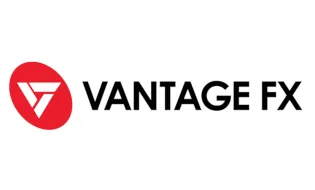
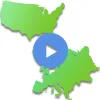
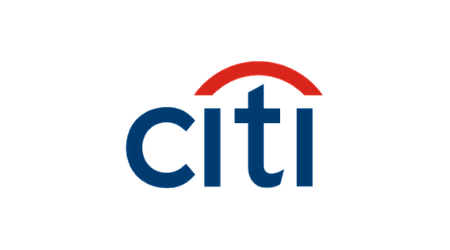


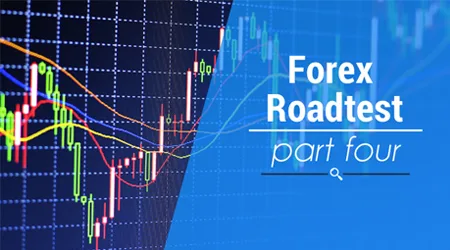
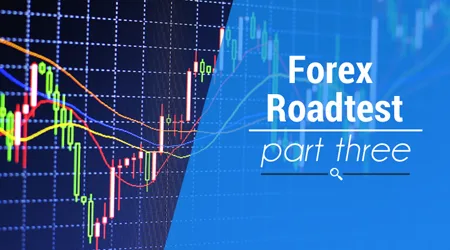
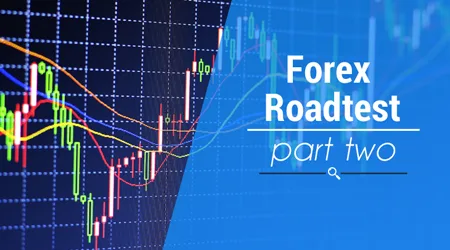
I’m based in England, but my money is in an Australian bank, can I do forex deals from England (online) through an Australian broker? Any gains or losses would go into and out of my Australian account. I currently have no Australian address, but can provide a friends address if necessary. I’m British but hold Australian residency status.
Hi Martin,
Thanks for your inquiry.
When engaging to the international trading in Australia, the general eligibility requirements for personal applicants will include:
– Be over the age of 18
– Have an Australian residential address
– Have a valid contact number
If you’ve already chosen a platform, I would suggest that you contact the provider directly so they can advise about your eligibility based on your circumstance.
Cheers,
May
Sir/Madam,
hello my name is mar and i am from india i’m learning about forex trading for 3 years and thus want to move to australia to do forex trading only. It is possible to migrate to australia to do forex trading only thank you
Hey Mar,
Thank you for reaching out to us.
You may find useful information on our page on Australian Immigration Guide.
As finder is a financial comparison website providing general information, it would be best to seek professional advice on your concern.
You may opt to seek help from a Migration Agent to advise you on the type of visa you can apply for and guide you through the process of your application.
I hope this helps.
Cheers!
Maria